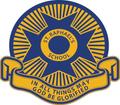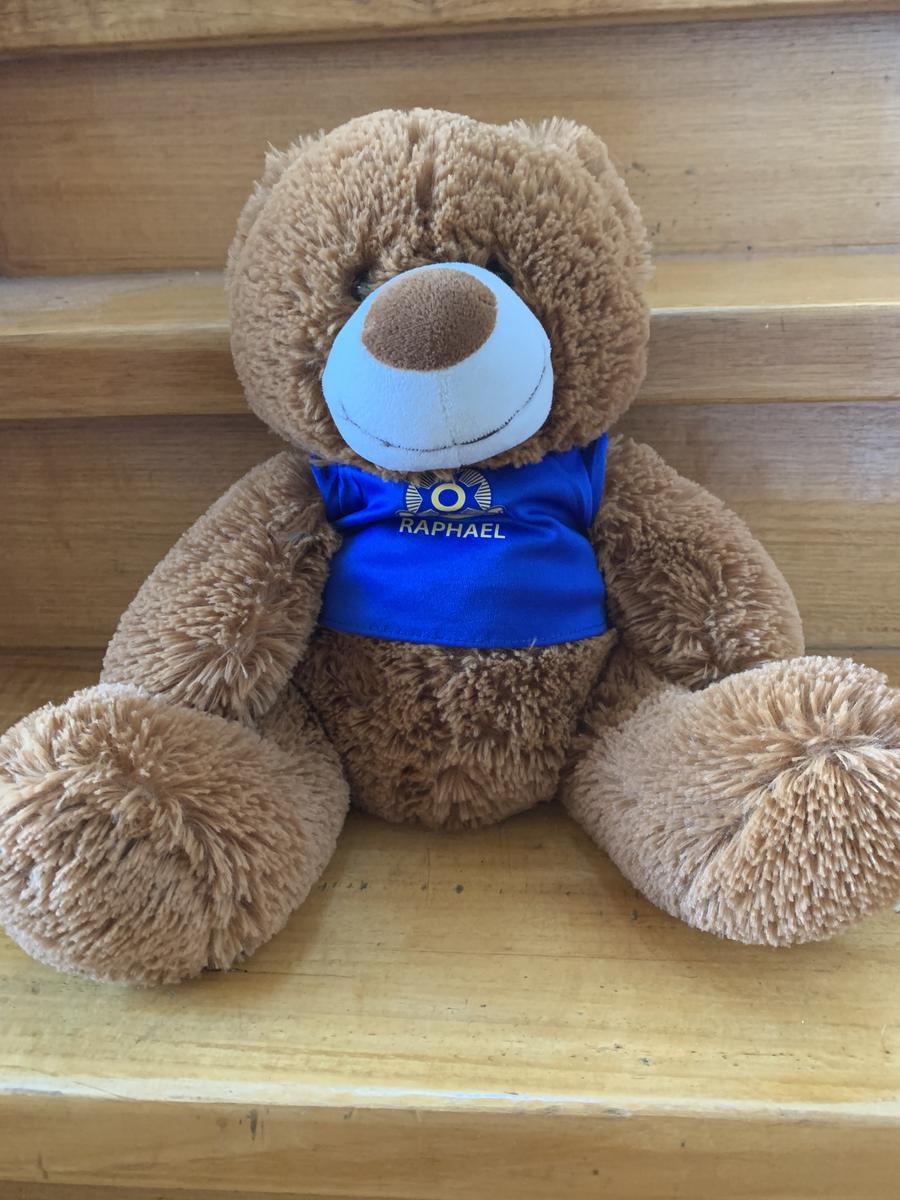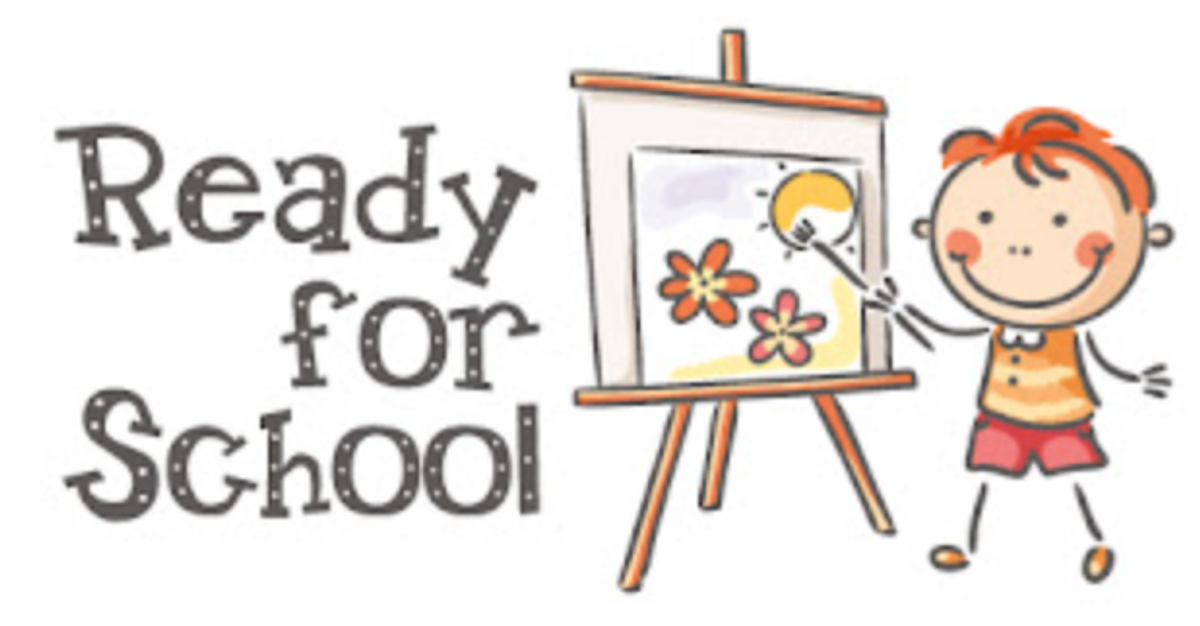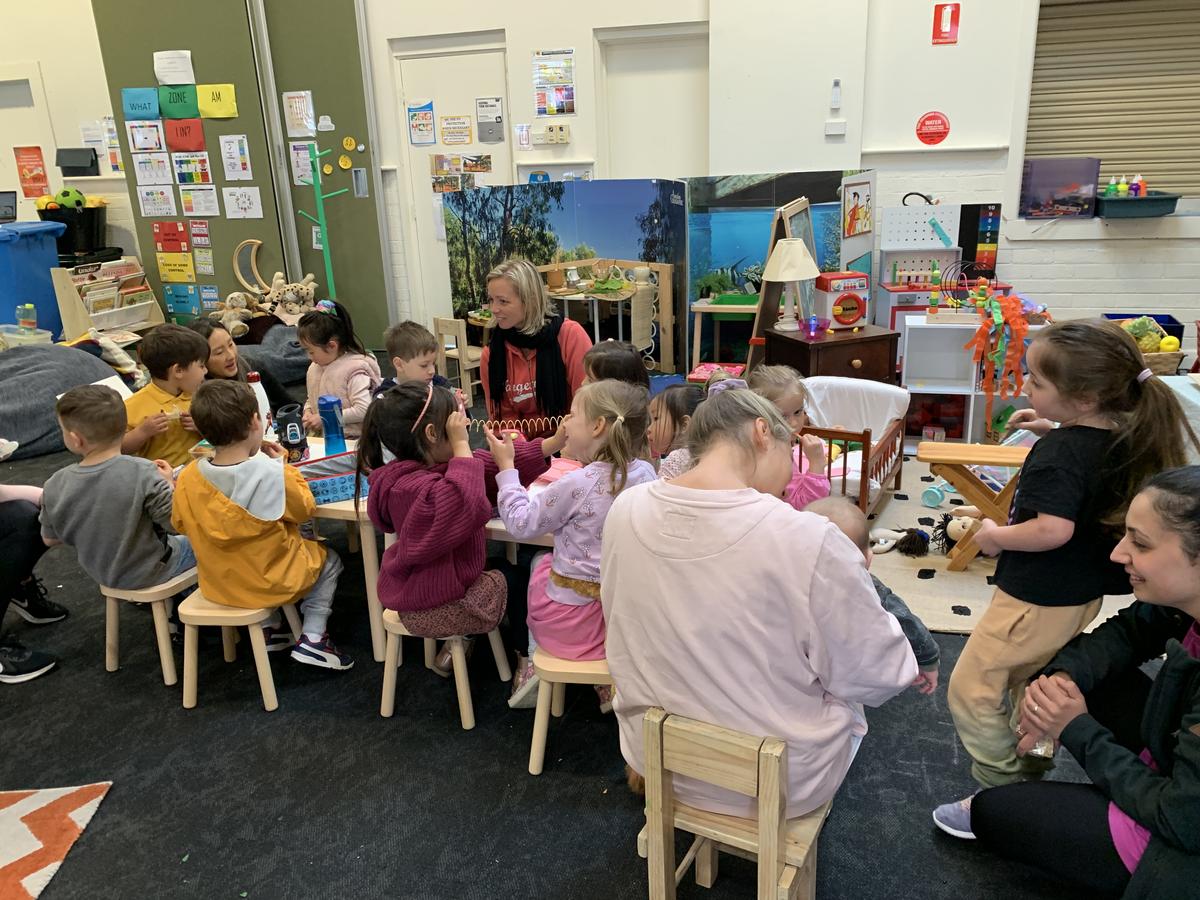SPICE-Supported Playgroup Igniting Children's Engagement
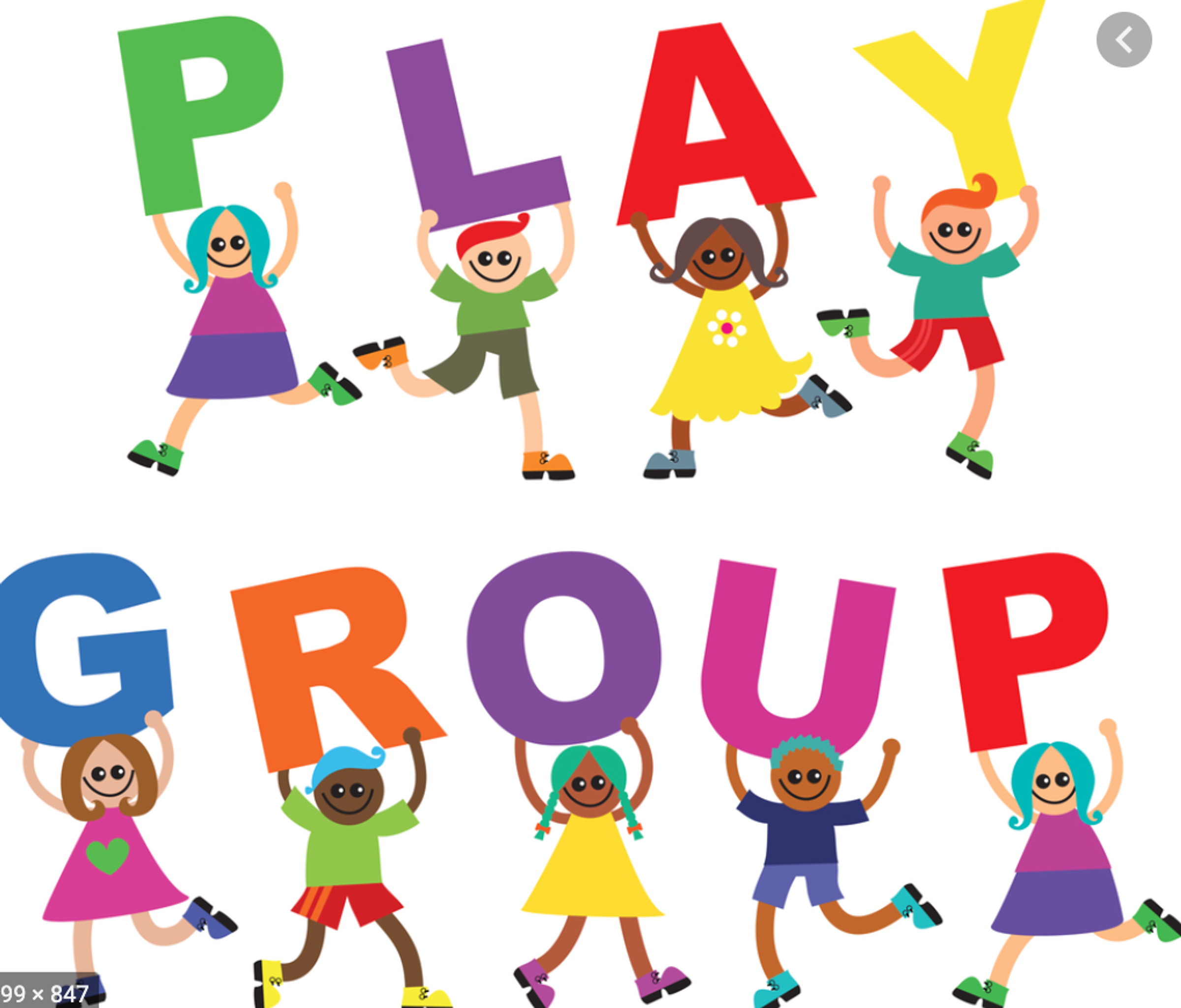
Welcome 2023 Foundation Families!
It was a lot of fun meeting and engaging with our 2023 Foundation parents and children face to face at the end of Term 3. We hope our new and current families enjoyed the activities, had fun meeting Year 6 buddies and our mascot Raph the Bear.
We understand that starting school for the first time is an exciting time and you might have questions you would like answered. Any questions you may have relating to your child commencing Foundation in 2023 may be posted in the linked Google Form below. We will endeavour to post answers in subsequent newsletters. If you scroll down to the end of this page, you can read answers to questions asked in previous years.
Foundation Questionnaire Google Form
School readiness refers to whether a child is ready to make an easy and successful transition into school. School readiness can be actively facilitated with a little forward planning to ensure that children regularly participate in activities that develop the appropriate skills required to help optimal learning when they start school. While many people think of academics (e.g. writing their name, counting to 10, knowing the colours) as the important school readiness skills, school readiness actually refers to a much broader range of skills. In addition to some academic basics, school readiness skills also include self care (independent toileting and opening lunch boxes), attention and concentration, physical skills (e.g. having the endurance to sit upright for an entire school day), emotional regulation, language skills and play and social skills.
Why are school readiness skills important?
The development of school readiness skills allows schools to expand and further develop a child’s skills in the specific areas of social interaction, play, language, emotional development, physical skills, literacy and fine motor skills. Without these basic skills already established upon entry to school, children can very quickly find themselves playing ‘catch up’ compared to their peers that are advancing more quickly. Students that begin school with the building block (or foundation) skills in place, advance quickly as opposed to those that start school only to then begin the slow process of developing school readiness.
What are the building blocks necessary to develop school readiness?
- Self Regulation: The ability to obtain, maintain and change emotion, behaviour, attention and activity level appropriate for a task or situation.
- Sensory processing: Accurate processing of sensory stimulation in the environment as well as in one’s own body that influences attention and learning that effects how you sit, hold a pencil and listen to the teacher.
- Receptive language (understanding): Comprehension of spoken language (e.g. the teachers instructions).
- Expressive language (using language): Producing speech or language that can be understood by others (e.g. talking to friends).
- Articulation: The ability to clearly pronounce individual sounds in words.
- Executive functioning: Higher order reasoning and thinking skills (e.g.What do I need to pack to take to school?).
- Emotional development/regulation: The ability to perceive emotion, integrate emotion to facilitate thought, understand emotions and regulate emotions (for a child’s own responses to challenges).
- Social skills: Determined by the ability to engage in reciprocal interaction with others (either verbally or non-verbally), to compromise with others and to be able to recognise and follow social norms.
- Planning and sequencing: The sequential multi-step task/activity performance to achieve a well-defined result (e.g. a cut and paste task or a simple maths worksheet).
Answers to Google Form Question
Question 1: How do extra curricular activities work at St Raphael's?
Answer: Specialist classes are part of the curriculum at our school. You will be notified by the Foundation teachers as to when your child's specialist days are at the beginning of the school year, and what your child will require.
We also have external staff teaching private instrumental music lessons. These lessons are an optional extra for those children who want to learn how to play a musical instrument. Parents liaise directly with music teachers, and lessons have an added cost. Children attend their private music lesson at a negotiated time during formal learning on a particular day of the school week. Children are collected from the learning space and return to their homeroom once their music lesson has ended.
Question 2: Is it possible for my child to be in the same class as their friends?
Answer: Part of our Foundation transition process involves Foundation teachers meeting with each 2023 child and their parent(s) prior to the commencement of school (e.g. toward the end of this year). During this meeting, parents have the opportunity to share information about their child and highlight ways their children transition and learn best. During 'HeadStart Week', the children will also have the opportunity to come together for a couple of sessions, and play and engage in activities in the Foundation Learning space. Teachers will observe interactions and will monitor social engagement. We endeavour to consider the needs of all children when we put together individual homerooms.
Question 3: What is the general structure of a day for Foundation?
Answer: When school gets into full swing, the structure of the day is as follows:
8:45am-First bell rings and students enter school
9am-Students gather in their homeroom
9:30am-10:45am- Investigations (during this time, students may play in any area within Foundation, with any friend(s) in either homeroom)
11:00-Lunch
12:00- Students come back inside & commence formal learning - (Reading/Writing/Maths/Religion/Inquiry)
2pm-Recess
2:30pm-Formal Learning continues
3:30- Hometime
SPICE FUN
Snack Time
One of our rituals during Playgroup is for the children to sit down together and eat a snack. Whilst there is no sharing of food, the children open their lunch boxes and engage in conversation with friends they are sitting alongside. It is great to see the children develop independence from their parents during this time as they engage in rich conversation.
Sharing food helps your child learn about compromising, taking turns and negotiating. For example, through sharing food, your child learns that if we give a little to others, we can get some of what we want as well.
Learning to share is important for making and keeping friends and playing well with other children. But sharing can be a challenge, especially at first. Your child will need plenty of practice and encouragement.
What you need for preparing and sharing food with children
Choose a simple meal or snack to make with your child. Your child could also prepare a jug of water or juice and some cups for extra sharing practice.
Here are some good dishes to prepare and share:
- Fruit salad: choose soft fruits like bananas, strawberries and watermelon. These are easy for your child to cut with a safe knife. Help your child by peeling the fruit first.
- Strawberry ice blocks: this recipe is great for hot weather. And you can vary it by using your child’s favourite fruits.
- Carrot and oat mini muffins: this is a good choice for lunch boxes and snacks. Mixing and measuring the ingredients is fun and helps your child’s numeracy skills.
- Easy pizza: your child might enjoy helping you put toppings on the pizza and serving it up for lunch or dinner. You can talk about who needs bigger or smaller serves.
- Finger foods: your child can help you spread toppings on toast soldiers or arrange fresh or cooked vegies on a plate for sharing.
How to prepare and share food with children
- Involve your child in choosing food to prepare for friends or family. When you’re choosing, think about your child’s abilities, as well as how much time you have to prepare the food.
- Prepare the meal or snack with your child. Remind your child that you’re making the food to share. For example, ‘There are five of us. Do you think that’s enough strawberries for everyone?’
- Ask your child to count the number of people, and help your child to divide food among plates or bowls. If you’re serving at the table, remind your child of your family rules – for example, serve the oldest person or the birthday person first, and serve yourself last.
- For finger food or plates of food like cookies, encourage your child to walk around and offer the food to people.
- Encourage your child to think about fairness. For example, ‘Jun Jie, there’s only one piece of cake left, but Kimberly and Kumar both want it. What should we do?’
Adapting a food sharing activity for children of different ages
Keep dishes very simple for your younger child, so that they can be involved in preparing and sharing food. If your child is still learning to share, your child might think the food is ‘theirs’ because they made it. You can gently remind your child that they made it to share.
Your older child can concentrate for longer and has better hand-eye coordination, so they can probably manage more complicated recipes. Your child might even help you prepare an evening meal sometimes.
